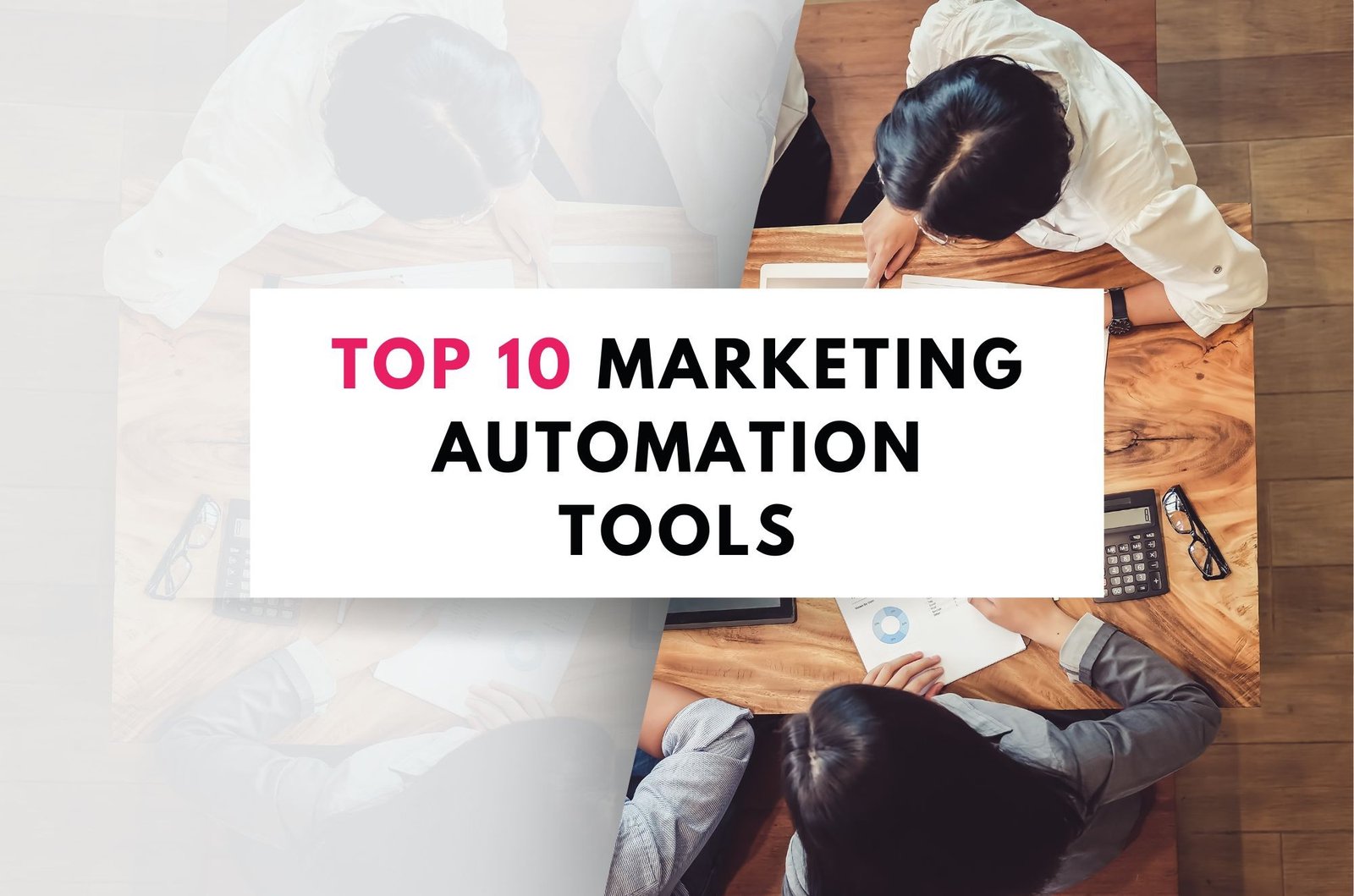Data-driven marketing insights are transforming how businesses plan, execute, and measure their campaigns. By leveraging customer data, market trends, and performance analytics, companies can create more effective marketing strategies that are tailored to their audience. This approach not only helps in understanding customer preferences but also drives more personalized marketing, ultimately leading to better engagement and higher returns on investment (ROI).

What is Data-Driven Marketing?
Data-based marketing refers to the use of customer data to make informed decisions about marketing strategies. It involves collecting and analyzing data from various sources, such as website traffic, social media interactions, email campaigns, and purchase history, to create more targeted and relevant marketing efforts. By understanding consumer behavior, businesses can tailor their messaging, product offerings, and marketing channels to meet specific customer needs.
Key Benefits of Data-Driven Marketing Insights
- Improved Targeting One of the major benefits of data-driven marketing insights is the ability to target the right audience with precision. With detailed data on demographics, purchase history, and online behavior, businesses can segment their audience and create customized campaigns. This leads to higher engagement and conversion rates because the message is directly relevant to the customer’s interests.
- Personalization Personalization is at the core of effective modern marketing, and data-driven insights make it possible to deliver a highly personalized experience. Businesses can use data to create personalized content, product recommendations, and special offers based on individual preferences. Personalization not only improves customer experience but also boosts brand loyalty and repeat business.
- Optimized Marketing Spend Data-driven marketing helps businesses allocate their marketing budgets more efficiently. By analyzing campaign performance data, businesses can identify which channels and tactics deliver the best return on investment. This allows marketers to optimize their spending by focusing on high-performing strategies while reducing investments in underperforming areas.
- Enhanced Customer Journey Understanding the customer journey is critical for improving marketing outcomes. By analyzing data from every touchpoint—such as website visits, email opens, social media interactions, and purchases—businesses can gain valuable insights into how customers move through the buying process. This enables marketers to optimize each stage of the journey, from awareness to post-purchase follow-up.
- Data-Driven Decision Making In a competitive marketplace, making decisions based on facts rather than assumptions is crucial. Data-driven marketing allows businesses to base their decisions on concrete data rather than guesswork. By using analytics tools, marketers can track key performance indicators (KPIs) such as conversion rates, customer acquisition costs, and lifetime value, ensuring that every decision is backed by solid data.
Top Tools for Gaining Data-Driven Marketing Insights
- Google Analytics Google Analytics is a powerful tool for tracking website traffic and user behavior. It provides insights into how customers find your website, what pages they visit, and how long they stay. This information is essential for optimizing your website and improving the overall user experience.
- HubSpot HubSpot is an all-in-one marketing platform that offers tools for email marketing, social media, and lead generation. Its analytics features help businesses understand the effectiveness of their marketing efforts and improve lead nurturing through detailed data reports.
- Hootsuite Hootsuite allows marketers to manage and track social media campaigns across multiple platforms. With its analytics tools, businesses can monitor social engagement, follower growth, and the effectiveness of social media posts, enabling them to refine their strategies for better results.
- Mailchimp Known for its email marketing services, Mailchimp offers robust analytics that allow businesses to track email open rates, click-through rates, and customer engagement. These insights help in fine-tuning email campaigns for better targeting and improved customer interaction.
- Salesforce Salesforce offers a comprehensive set of marketing and sales tools that include data analytics. It allows businesses to track customer behavior, sales trends, and marketing campaign performance, providing actionable insights that drive smarter decisions.
Conclusion
In conclusion, data-driven marketing insights are essential for businesses that want to stay competitive and deliver more personalized, targeted marketing efforts. By leveraging customer data, businesses can make smarter decisions, optimize their marketing spend, and improve the overall customer experience. While challenges like data overload and privacy concerns exist, the benefits far outweigh the obstacles. As marketing continues to evolve, adopting a data-driven approach is key to ensuring long-term success.




